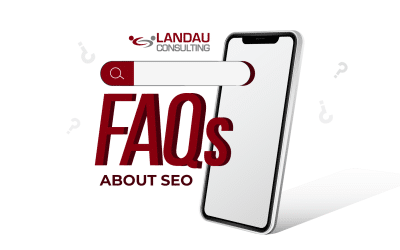Microsoft Build – the company’s annual conference – kicked off with a bang today with AI — as expected — being the cynosure of every eye. The tech titan kicked off with the announcement of new AI agents. This announcement arrives amid increased activity in the AI coding assistant space. OpenAI recently introduced Codex, an agent built into ChatGPT, while Google revealed Jules, its own AI software development assistant. Now, Microsoft has entered the race.
“At Microsoft Build we’re showing the steps we’re taking to make this vision a reality through our platforms, products and infrastructure. We’re putting new models and coding agents in the hands of developers, introducing enterprise-grade agents, making our platforms like Azure AI Foundry, GitHub and Windows the best places to build, embracing open protocols and accelerating scientific discovery with AI, all so that developers and organizations can go invent the next big thing,” the company announced in an official blog post.
In the official blog post, the company noted that developers will be able to leverage the AI-boosted GitHub Copilot to use it. The agent’s workflow mirrors that of a developer, automating repetitive or low-complexity tasks. After launching a virtual machine through GitHub Actions, it pushes progress updates as draft pull requests and records its decision-making in session logs. When the task is complete, it tags the original user for review. The developer can then leave comments, which the agent will automatically address by making additional changes. In addition to this, the tech behemoth is open-sourcing GitHub Copilot Chat in VS Code.
According to GitHub CEO Thomas Dohmke, the agent is designed to perform efficiently in “well-tested codebases” and is particularly adept at managing routine maintenance such as bug fixes, feature extensions, and code refactoring. While it does not remove human oversight from the development process, it reduces manual involvement in everyday coding chores. The new agent mode is available to users of Copilot Enterprise and Copilot Plus, and can be accessed via GitHub’s desktop platform, mobile app, or Command Line Interface. The company is also making GitHub Copilot in Visual Studio Code open source, allowing developers to build additional features and experiment with integrating their own AI models.
The agent also integrates insights from related issue threads and pull request discussions and adheres to custom instructions set at the repository level. This allows it to better interpret the intent behind a task and align its output with the project’s coding standards and team practices, and comes with multimodal capabilities, meaning it can interpret visual inputs like screenshots and design mockups included in GitHub issues. This enables it to act on UI-based feedback or visual bug reports without needing detailed textual prompts. The agent’s deployment relies on the Model Context Protocol (MCP), a toolkit that can connect AI models with external datasets and systems, and was first developed by AI company Anthropic. Repositories can configure MCP servers to fine-tune how the agent interprets and applies project-specific information, and MCP will be integrated into Windows 11.
Content originally published on The Tech Media – Global technology news, latest gadget news and breaking tech news.




